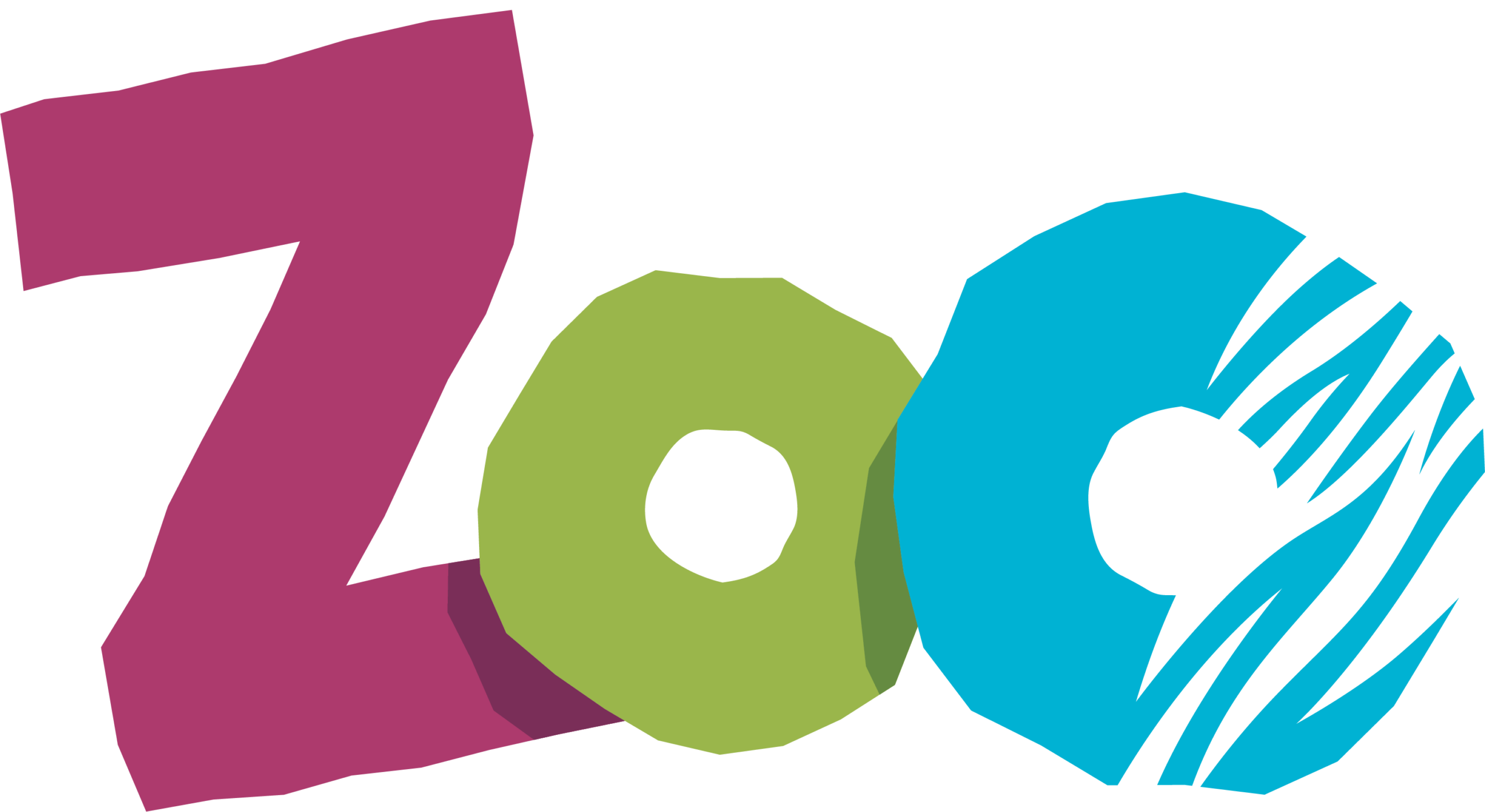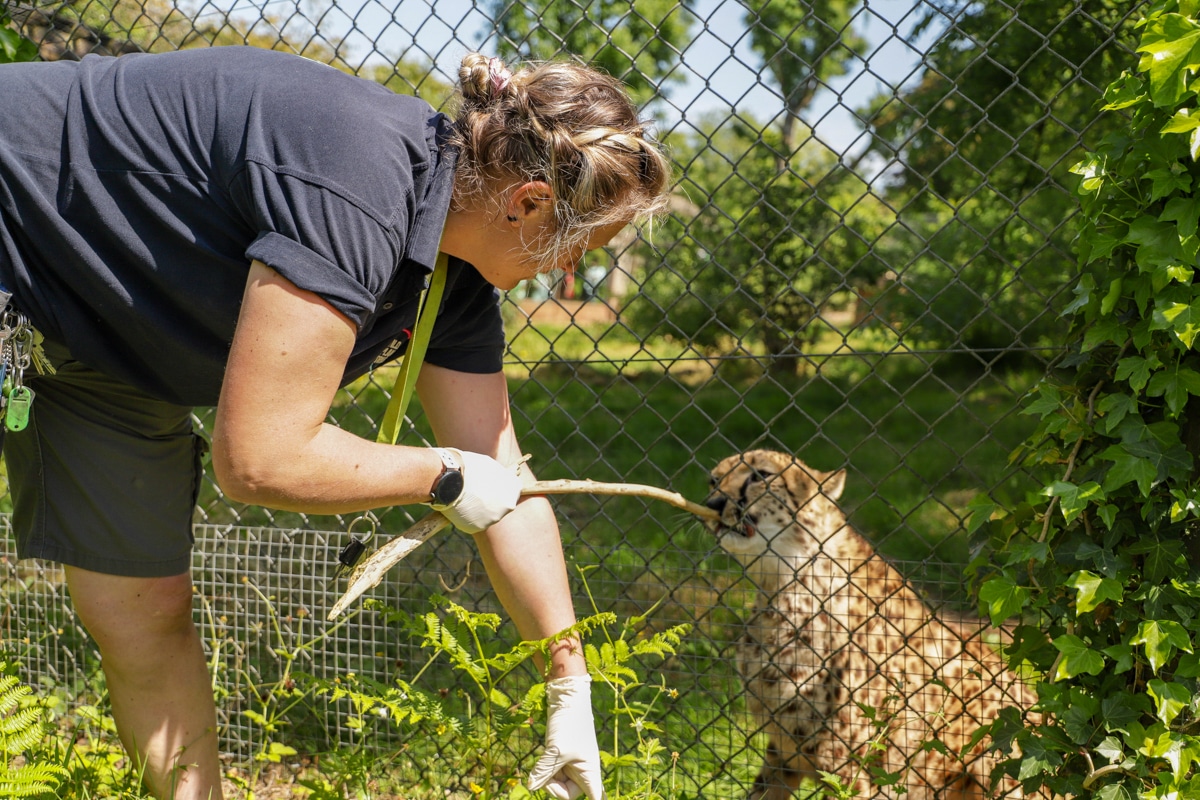
ZOO DATABASE FOR ENDANGERED SPECIES: REVOLUTIONARY RESEARCH COULD SAVE WILDLIFE FROM EXTINCTION
A revolutionary zoo database for endangered species created by a Devon zoo could save wildlife from extinction by transforming how animals are cared for in captivity.
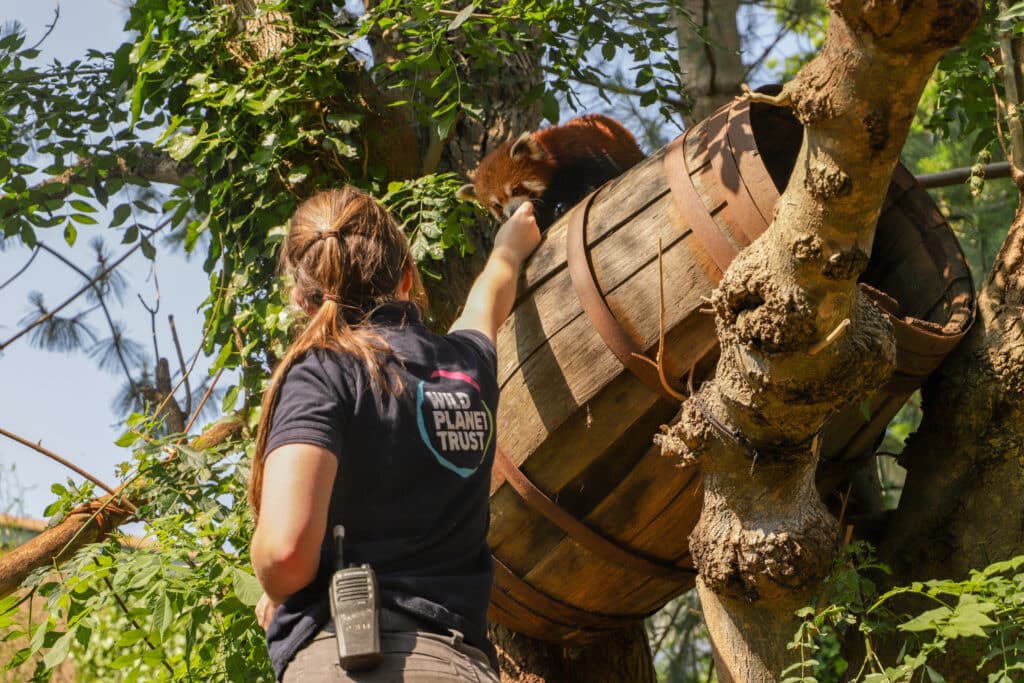
Currently, species are disappearing at rates 1,000 times faster than natural background extinction rates. Conservation biologists warn that without intervention, many animals currently in zoos may be humanity’s last chance to preserve genetic diversity for future reintroduction programs.
Critical timing for conservation
The six-year project, led by Paignton Zoo in partnership with the University of Cambridge, examined more than 27,000 academic articles to create an evidence-based guide for caring for animals in zoos worldwide.
The timing is critical for this zoo database focused on endangered species: at least 35 species now exist only in human care after becoming extinct in the wild.
Dr Andrew Bowkett, conservation projects manager for Wild Planet Trust at Paignton Zoo, said the database addresses a crucial gap in zoo management practices.
“As our planet faces what scientists call a ‘sixth mass extinction,’ zoos may become the last hope for many animals. This database will allow animal managers to base critical decisions on current scientific knowledge.”
Massive research undertaking
The research team scanned 27,705 articles from 45 academic journals, analysing over 1,000 scientific investigations covering:
- 637 animal species
516 institutions
69 countries
An international advisory board of 26 zoo science experts supported the work.
How the zoo database for endangered species could help
This zoo database for endangered species represents the first comprehensive effort to catalogues evidence for 424 specific management interventions, from feeding practices to habitat design. Researchers believe this innovative zoo database will help endangered species not only survive but thrive in captivity.
Whilst researchers found scientific testing exists for 90% of identified zoo practices, many interventions have minimal research backing them – highlighting areas needing further investigation.
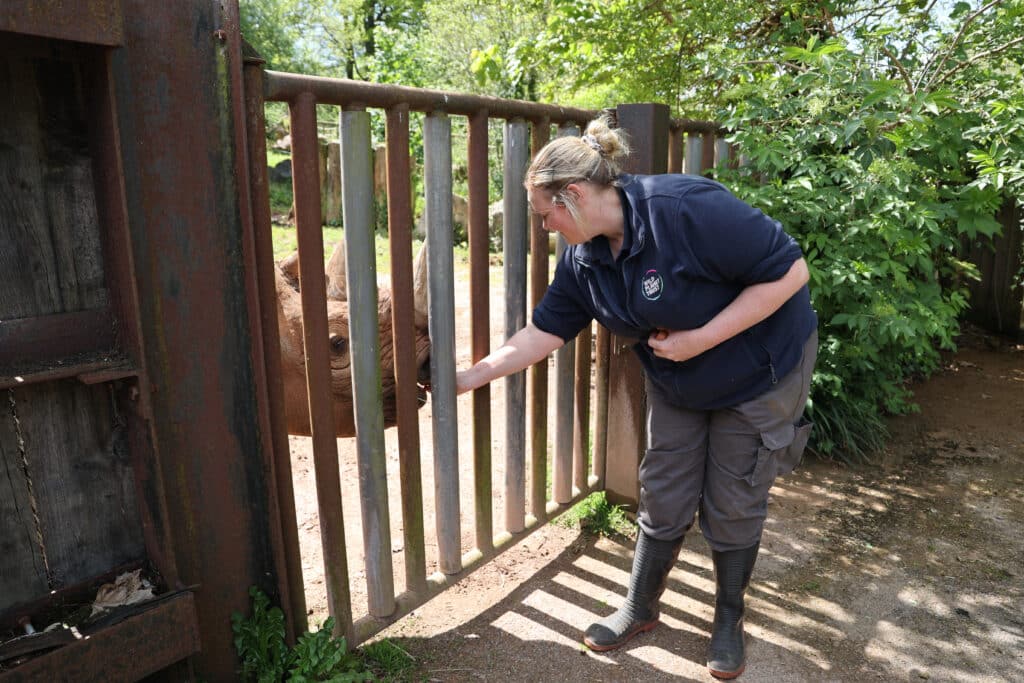
The comprehensive zoo database addresses endangered species management across six continents, from major metropolitan zoos to specialized breeding facilities. This global scope means that successful interventions tested in one location can be rapidly adopted worldwide, potentially accelerating conservation outcomes.
Paradigm shift for zoos
The zoo database for endangered species transforms how facilities approach animal care, moving from an industry that has traditionally relied on institutional knowledge passed between generations of keepers rather than peer-reviewed research.
“By creating a comprehensive catalogue of what has been scientifically tested and what hasn’t, the project provides a roadmap for evidence-based zoo animal management,” the researchers wrote in the Journal of Zoo and Aquarium Research, where their findings were published.
The digital platform makes decades of scattered research instantly accessible to animal care professionals, replacing the traditional reliance on word-of-mouth knowledge transfer between generations of keepers.
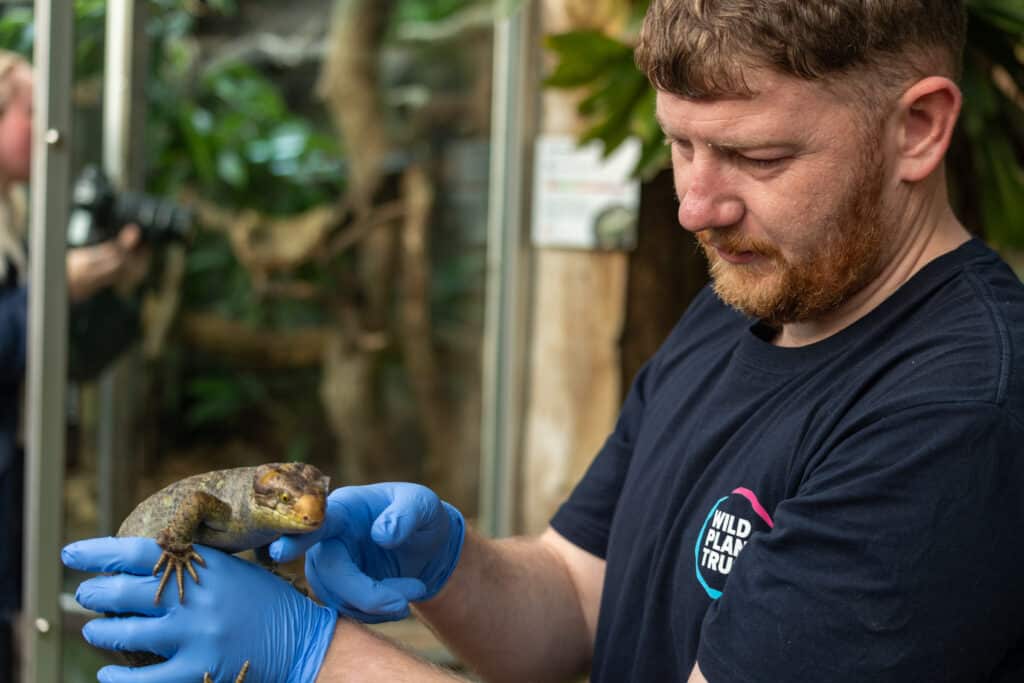
Next steps
The database is freely available through the journal’s website. Future phases will summarise and assess evidence for specific interventions in an open-access e-book and on the Conservation Evidence website.
The British and Irish Association of Zoos and Aquariums funded the research. Partners are now seeking additional funding to evaluate evidence for particular species groups.
The project was initially led by Dr Anaëlle Lemasson and later by Dr Tom Martin, now at Operation Wallacea. Researchers from universities including Cambridge, Plymouth, Birmingham, Bangor and Nottingham Trent contributed to the work.
For zoos managing the planet’s most threatened species, the database offers a crucial tool for improving animal welfare and conservation outcomes as extinction rates continue to climb. This groundbreaking zoo database for endangered species could be the key to helping endangered species survive and potentially recover for future generations.
Academic Partners:
- University of Cambridge: https://www.cam.ac.uk/
- Operation Wallacea: https://www.opwall.com/
- University of Plymouth: https://www.plymouth.ac.uk/
- University of Birmingham: https://www.birmingham.ac.uk/
- Hartpury University: https://www.hartpury.ac.uk/
- Bangor University: https://www.bangor.ac.uk/
- Nottingham Trent University: https://www.ntu.ac.uk/
- Kyoto University: https://www.kyoto-u.ac.jp/en
Read more:
Learn more about Paignton Zoo’s conservation work
Read about other endangered species success stories
Discover how zoos help wildlife
